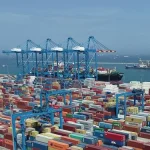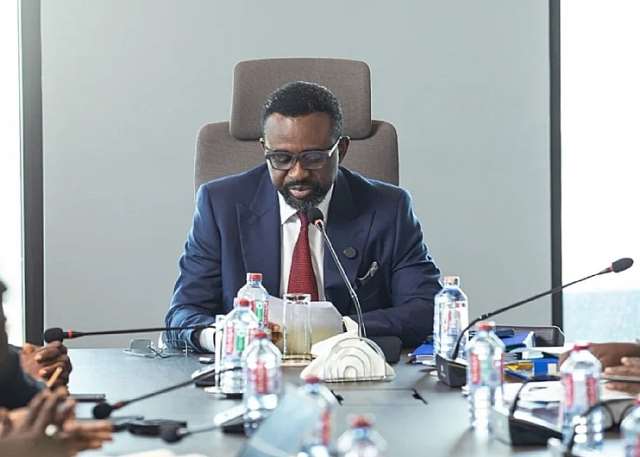Royal Dutch Shell and Norsk Hydro are looking into jointly producing hydrogen from renewable electricity in a push to decarbonise their own operations as well as supply heavy industry and transport customers, Hydro said on Tuesday.
The Anglo-Dutch oil giant and the Norwegian aluminium maker’s green hydrogen unit, Hydro Havrand, have signed a memorandum of understanding (MoU) and begun initial work to identify opportunities to produce and supply renewable hydrogen.
So-called green hydrogen is a zero-carbon gas made by electrolysis using renewable power to split water into hydrogen and oxygen, increasingly promoted as a way to decarbonise emissions-intensive industry and transport sectors reliant on fossil fuel.
Shell and Hydro will initially identify which European locations are best suited to produce renewable hydrogen for the companies’ own consumption as well as for the broader market, and expand into other locations at a later stage.
“We are looking at potential locations where we both have operations and we have potential to use hydrogen in our existing facilities,” Per Christian Eriksen, head of Hydro Havrand, told Reuters.
Hydrogen production could be placed in locations where Shell and Hydro both have relatively high gas consumption, and also where there is potential to deliver to a third-party market, for example refineries or other process industries that already use “grey” hydrogen made from non-renewable power, Eriksen said.
“Hydro Havrand and Shell can work toward a shared goal of establishing integrated hydrogen value chains and ultimately a strong global market for hydrogen,” Elisabeth Brinton, Shell’s executive vice president for renewables & energy solutions, said in a statement.
Shell and Hydro will spend the coming nine months exploring the opportunities for collaboration, said Arvid Moss, head of Hydro’s Energy unit.
“What is important for the decarbonisation of society is that large industrial players work together to find solutions quicker, because what we need is scale,” he told Reuters.
















